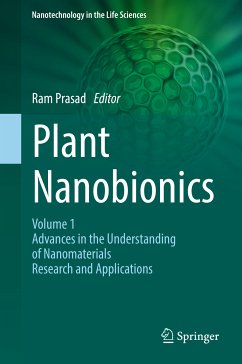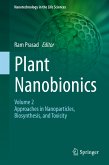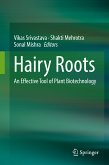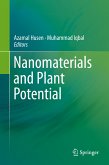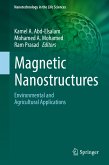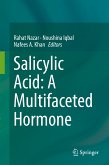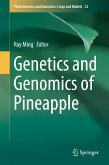This two-volume book analyses the key processes involved in the nanoparticle delivery to plants and details the interactions between plants and nanomaterials. Potential plant nanotechnology applications for enhanced nutrient uptake, increased crop productivity and plant disease management are evaluated with careful consideration regarding safe use, social acceptance and ecological impact of these technologies.
Plant Nanobionics: Volume 1, Advances in the Understanding of Nanomaterials Research and Applications begins the discussion of nanotechnology applications in plants with the characterization and nanosynthesis of various microbes and covers the mechanisms and etiology of nanostructure function in microbial cells. It focuses on the potential alteration of plant production systems through the controlled release of agrochemicals and targeted delivery of biomolecules. Industrial and medical applications are included. Volume 2 continues this discussion with a focus on biosynthesis and toxicity.
Dieser Download kann aus rechtlichen Gründen nur mit Rechnungsadresse in A, B, BG, CY, CZ, D, DK, EW, E, FIN, F, GR, HR, H, IRL, I, LT, L, LR, M, NL, PL, P, R, S, SLO, SK ausgeliefert werden.

